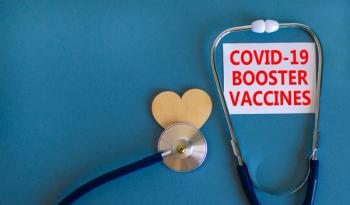
Chance of Alzheimer's Disease Diagnosis is Higher in Older Adults with COVID-19
Data was collected by researchers to understand the underlying mechanisms and for continuous surveillance of long-term impacts of COVID-19 on Alzheimer’s disease.
Older adults with COVID-19 have a higher chance of being diagnosed with Alzheimer's disease, according to researchers at Case Western University.
Data was collected by researchers to understand the underlying mechanisms and for continuous surveillance of long-term impacts of COVID-19 on Alzheimer’s disease. It was then shared in a study recently published in the
The study reported that those 65 and older with COVID had more of a chance to develop Alzheimer's in the year following their COVID diagnosis. Patients most at threat were women 85 years and older.
These results were found and collected in the retrospective cohort study of over 6.2 million older adults 65 years and older who had medical encounters between February 2020 to May 2021.
Researchers used an analytics platform to access de-identified electronic health records of over 95 million patients of both inpatient and outpatient visits from 68 healthcare organizations, representing 28% of the U.S. population from 50 states covering different geographic, age, race/ethnic, income and insurance groups.
Data shared that the COVID-19 cohort did not differ in age nor gender from the non-COVID-19 cohort, but comprised more Hispanic and Black people and had higher prevalence of adverse socioeconomic determinants of health and comorbidities
However, whether COVID-19 might trigger new-onset Alzheimer’s disease or accelerate its emergence is unclear, the study said.
Researchers suggest the next steps in this investigation include validation from other data resources, longer-term follow-up, mechanism understanding and examining other types of dementia
Newsletter
Get the latest industry news, event updates, and more from Managed healthcare Executive.

























